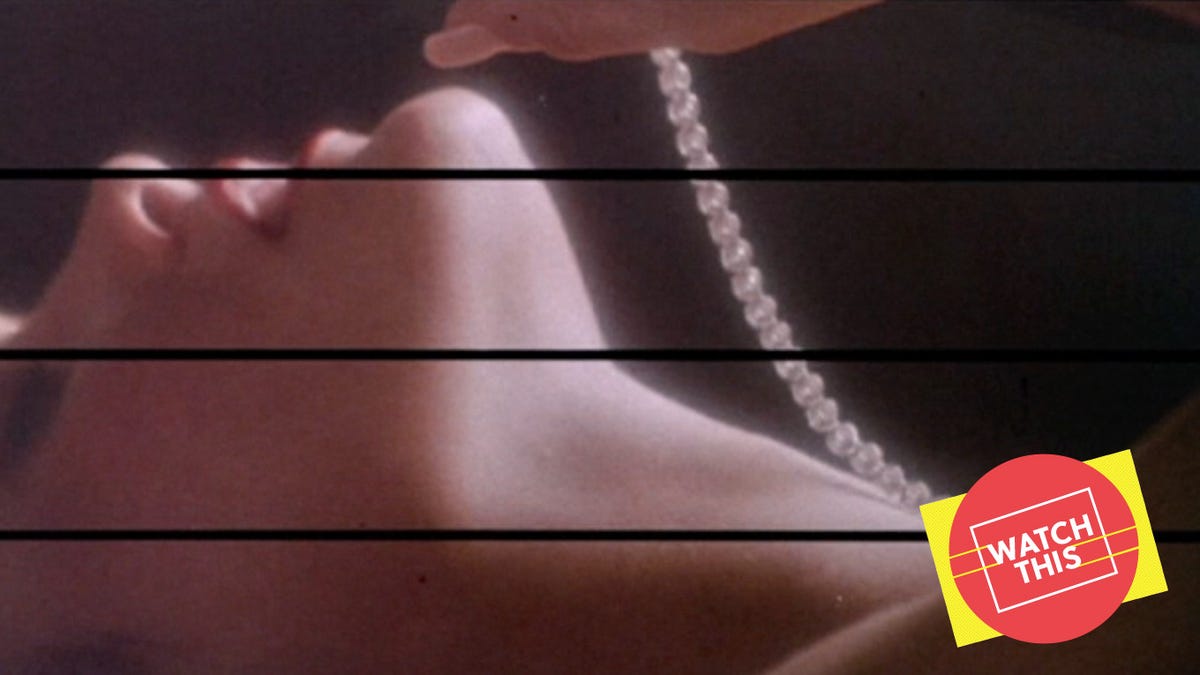InsideOut900
Legend
I was going through my old watchlist from IMDB and saw some really good gems from the past. I have seen at least 1 movie from each decade starting with the 1940s.
So I thought if there are some other long time movie fans on this boards, maybe they can share some of their preferences, since I am really curious what I may have missed along the way.
So here is my list and some short comments:
So I thought if there are some other long time movie fans on this boards, maybe they can share some of their preferences, since I am really curious what I may have missed along the way.
So here is my list and some short comments:
- 1940s: Casablanca - nothing to compare Casablanca with since I haven't seen much else from that timeframe, maybe someone can recommend other movies; Ingrid Bergman is stunning
- 1950s: 12 Angry Men - I would say "On the Waterfront" was another great movie I liked, but 12 Angry Men is simply on another level
- 1960s: The good, the bad and the ugly - One of the GOAT movies. Perfect from all points of view. Eli Wallach and Lee Van Cleef are absolute legends for their acting performances
- 1970s: The Godfather - tough choice, Godfather 2, Jack Nicholson's "Chinatown" and De Niro's "Taxi Driver" are all up there. However Godfather 1 is still one of the most complete movies I have ever seen, from acting, to backstory, plot premise, story development, directing.
- 1980s: Raiders of the Lost Ark - oh yeah, the era of the fun, action-sci-fi movies, seen all the classics like Indiana Jones movies, Terminator, Back to the Future, Scarface, Raging Bull, Rambo, Rocky; really torn between Raiders of the Lost Ark and the original Back to the Future
- 1990s: Pulp Fiction - probably my favorite era for movies, so many gems, I can't give them all their due; Goodfellas, Fight Club, Matrix, Shawshank Redemption, Terminator 2, Silence of the Lambs, Braveheart, Schindler's List, Good Will Hunting, hard to rate them all; None of them have Samuel L. Jackson though, so there is a good tie-breaker
- 2000s: LOTR-Return of the King - best movie of all time, fantasy genre at it's peak, each movie from the trilogy gets a 10/10 from me; a bit bummed The Dark Knight from 2008 isn't top spot, stellar movie, Heath Ledger as Joker is probably the best actor-character match since Anthony Hopkins in Silence of the Lambs
- 2010s: Inception - I haven't seen something truly brilliant from the last 10 years, so Inception lands here by default








